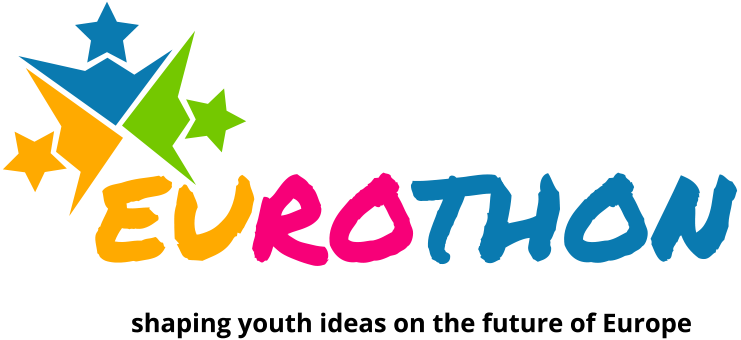

Training Context
For many people, ‘citizenship’ is the embodiment of the rights and responsibilities, which they derive from living in a particular nation-state. For EUROTHON, this is not enough. The term ‘active’ needs to be added to the equation, with the fundamental implication that citizens should be enabled to be actively involved in community activities and in decision-making at all levels. This places active citizens at the heart of democracy, and if combined with a social justice agenda, it helps create a more robust and fairer society.
The training modules will follow a blended methodology and a self-paced e-learning approach and will deal with different aspects of active citizenship:


Youth rights in Europe
By introducing a concept of rights into youth policies, policy-makers recognize not only the needs and special situation of Young people, but also reaffirm their right
Decision Making Process
“Decision-maker” as “a person who decides things,
especially at a high level in an organisation”.
1. identify the decision
Clearly define the nature of the decision you must take
2. gather relevant information
Collect some pertinent information before you make your decision
3. identify the alternatives
List all possible and desirable alternatives
4. weight the evidence
Start prioritizing certain alternatives: those that seem to have a higher potential to your goal
5. CHOOSE AMONG ALTERNATIVES
Select the alternative that seems to be the best for you
6. take action
Take some positive action by beginning to implement the alternative you choose
7. review your decision & its consequences
Consider the results of your decision and evaluate whether or not it has resolved the need you identified in Stage 1
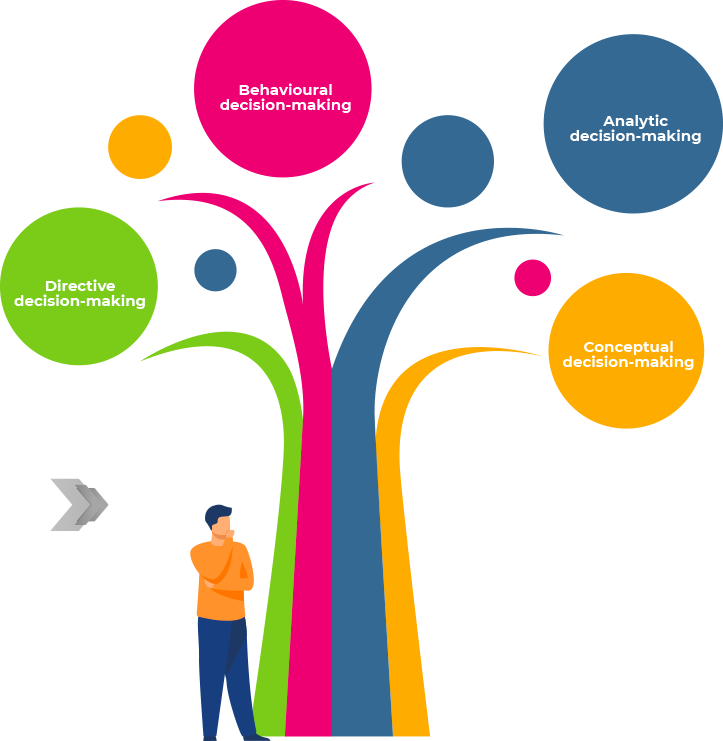
Charter of Fundamental Rights of the European Union guarantees us political, social and economic rights
CITIZENSHIP
European integration
- Right to free movement, settlement and employment*
- Free trade and transportation of goods, services and capital*
Within the EU borders
Politics and policies
- Right to vote in and run as a candidate in elections in the EU member state where they live
- Right to participate in a European Citizens’ initiative
- Right to consular protection by embassies of other EU member
Fundamental rights
- Harmonisation: of the protection of personal data (GDPR) of the right to equal pay of the protection from discrimination in employment on grounds of religion or belief, sexual orientation and age.
- Coordinated prevention and combat of trafficking in human beings
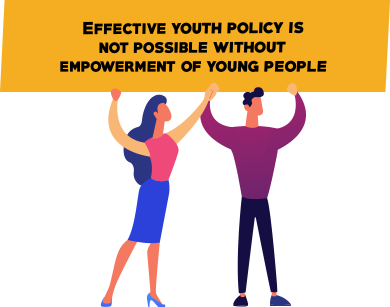
DEMOCRACY AND DELIBERATION
The best way to strengthen connections between citizens and the State is to involve them more directly.

Participation itself, usually, does not involve deliberation: deliberation is an entirely theoretical foundation with practical, real-world implications.

Participative and deliberative fora allow more sustainable and well-accepted results, resulting in meaningful and relevant policies and action courses.
Within European democracy, the so-called deliberative democracy has gradually increased its role, first as an innovative formula and, subsequently, as a concept and action
Diversity is richness
Diversity helps young people build self-confidence, develop a sense of initiative, and acquire skills such as communication or teamwork.
Ethical paradigms
can be a source of misunderstanding.

“[…]The greater the diversity,
the greater the perfection.”
– Thomas Berry
EXTRA
Intercultural dialogue promotes democracy, creative thinking and demonstrates the common values and interests of all Member States
of the European Union.
Spectrum of diversity
The word “diversity” is positive, it is vibrant, it is fun, it evokes progress, openness, tolerance.
Intercultural dialogue promotes democracy, creative thinking and demonstrates the common values and interests of all Member States
of the European Union.
EXTRA
Diversity helps young people build self-confidence, develop a sense of initiative, and acquire skills such as communication or teamwork.

A normative conception of youth participation is about engaging in forming opinions and taking actions to bring about positive change in society
Young people are stakeholders in the European democratic system. They express ideas and preferences and defend diverse interests.

Diverse Youth for a rich Europe
Europe has gradually developed the values underlying humanism and democracy:
- equality of individuals
- freedom
- respect for reason
- religious
- humanist inheritance
Diversity means that the jokes
made do not upset anyone,
no matter what country and
culture they come from.
Diversity and Ethical Frameworks
A paradigm is a set of beliefs and concepts that determine your worldview and that of others in your social group.
“Intercultural Competence is the fundamental acceptance of people who are different to oneself outside one’s own culture […]”.
Ethical framework:
- Objectivism
- Consequentialism
- Virtue ethics
- Fairness principles
- Don’t interrupt each other
- Give everyone a turn to speak
- Be aware of your reaction to each young individual
- Respect other’s views
- Be open-minded to those who are different to you.
There is no crisis of participation of European youth, but there is a huge opportunity that awaits taking.
Body language impacts communication and promotes diversity indoor and/or outdoor.
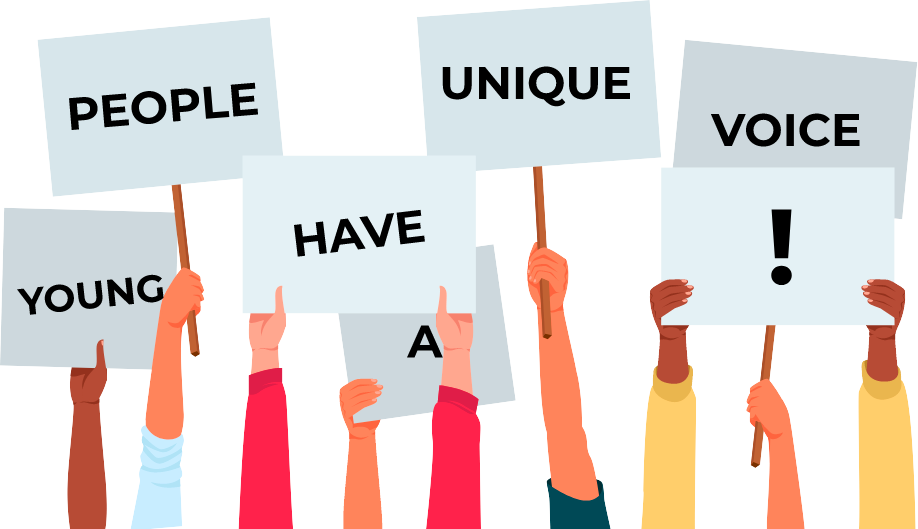
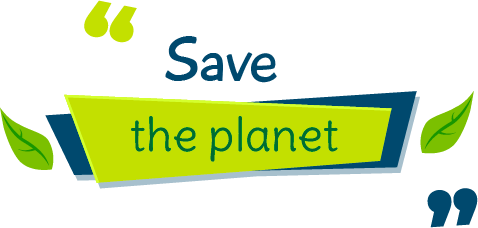


Climate Change
What causes changes in climate?
A natural function of the Earth’s atmosphere is to keep in some of the heat that is lost from the Earth. This is known as the greenhouse effect.

The natural causes of Climate Change
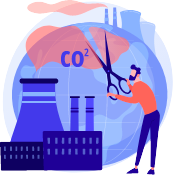
The human made causes of Climate Change:
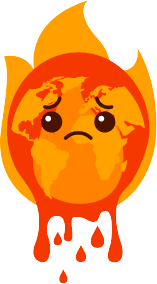
- The direct consequences of man-made climate change
- The indirect consequences of climate change
- NASA data show that average global temperatures in 2019 were 1.8 degrees (0.85 C) F warmer than the 20th century average.
Responsible Production and Consumption
Less than 3 % of the world’s water is fresh (drinkable), of which 2.5 per cent is frozen in the Antarctica, Arctic and glaciers. More than 1 billion people still do not have access to fresh water. Over 2 billion people live in countries experiencing high water stress.
Environmental and social impact of production and consumption
Three domains of products are responsible for the majority of consumption-related environmental impact. These domains together sum up to 75-80% of the life cycle environmental impact in industrialized countries: housing (especially heating systems), transport (especially
Social Impact
If the Global population reaches 9.6 billion by 2050, the equivalent of almost three planets may be required to provide the natural resources needed to sustain current lifestyles.
We must try to understand and appreciate the limits to which humans can push nature, before the impact is negative. Those limits must be reflected in our consumption and production patterns. COVID-19 can be a catalyst for social change. We must build back better and transition our production and consumption patterns towards more sustainable practices (United Nations, 2019).
Energy, food & water production and consumption
Using energy more efficiently is one of the fastest, most cost-effective ways to save money, reduce greenhouse gas emissions, create jobs, and meet growing energy demand.

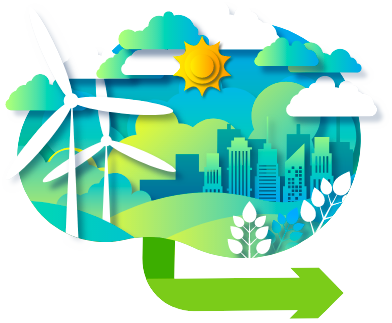
The many benefits of energy efficiency include
Food Production and Consumption
Actions to make food production more sustainable
Water production and consumption
How to Reduce Your Water Footprint
The 4Rs to save the planet
Refuse
The first step towards understanding the importance of the 4Rs and making a difference is to Refuse. Learn How to Say No and Mean It!
Reduce
Reduce is about using less and having less of an impact on the environment. Part of throwing away less is buying less, and being more mindful as a consumer. Before you purchase something, consider whether you really need it, and how many uses you’ll get out of it.
Reuse
Reuse refers to using products more than once, for the same purpose. Before tossing out your trash, consider whether it can be repurposed as something else.
Recycle
Recycling is the process of removing materials from the waste stream and using them as raw materials to create new products. After refusing, reducing, and reusing, recycling is the last resort in the waste management hierarchy.
Environmental Education (Spreading the word)
What is environmental education?

“The goal of environmental education is: To develop a world population that is aware of, and concerned about the environment and its associated problems, and which has the knowledge, skills, attitudes, motivations and commitment to work individually and collectively toward solutions to current problems, and the prevention of new ones.”
(United Nations Environment Programme (UNEP), 1975)
Environmental education
Should be a lifelong process, have an interdisciplinary approach and take place in diverse learning environments.

Non-formal education
Be an influence to your social network
Use your skills and talents
Social entrepreneurship is the way


How to identify a social problem
A social problem is any condition or behavior that negatively affects a large number of people and that is generally recognized as a condition or behavior that needs to be addressed.
Types of changes to create impact for communities
Building Capacities

Influencing Individuals and Communities

Building Movements
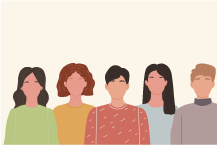
Examples of social problems
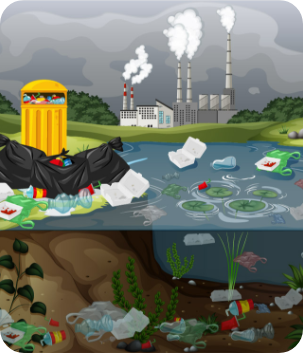
Environmental Pollution

Unemployment

Poverty

Gender Inequality
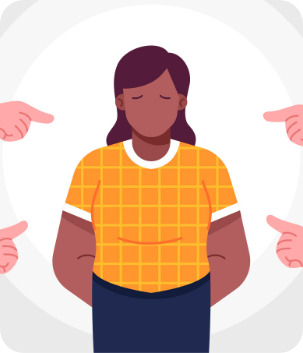
Ethnical and Racial Inequality
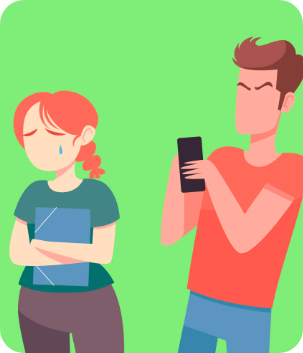
Bullying

One can consider three levels of effecting change

Impact

Influence

Leverage
What is social entrepreneurship?
“Social entrepreneurship is defined as the economic activity of creating new models for the provision of products and services to serve the basic human needs of the poorest social strata that remain unsatisfied by current economic or social institutions”
A social enterprise can be formed in several types such as community-based organisations, non- governmental organisations, social firms and cooperatives among others.
Social entrepreneurship as means for youth empowerment
Empowerment is one of the most important social value creation activities performed by social enterprises (SEs). It refers to the “process by which those who have been denied the ability to make strategic life choices acquire such an ability”
Why the world needs more social entrepreneurs
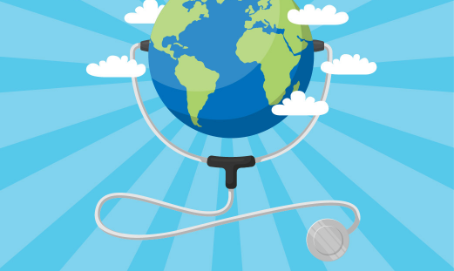
To make the world a better place
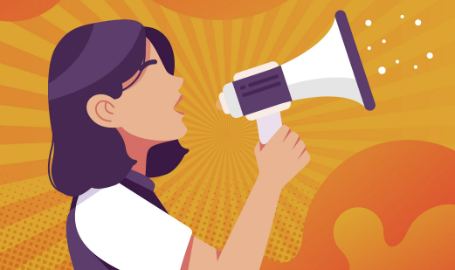
Give a voice to people
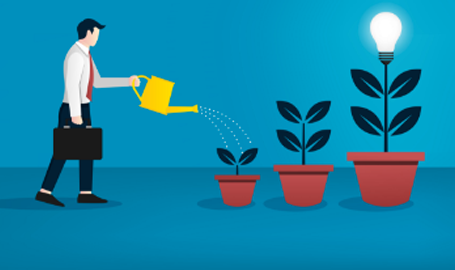
Investors move towards sustainable investing
What can help youth launch and grow social enterprises?
Networking
Collaboration with same-sector or cross-sector partners creates a special synergy and can be a powerful enabling factor for young social entrepreneurs.
Mentorship
The core characteristics of good mentoring include a personal relationship, high expectations, and responsive support. Experienced entrepreneurs who serve as mentors can offer targeted skill development, access to social networks, and much more.
Family members
Young people with entrepreneurial parents are more likely to value entrepreneurship. Research indicates that families are often key stakeholders and maybe major actors in youth-led social enterprises
Institutions
An enabling environment is crucial and it specifically refers to: the level of institutional protection, existing legal and administrative burdens, the costs of business registration, the regulatory framework, the complexity of administrative procedures, social norms, and cultural conditions
Academia mentorship
When support for social entrepreneurship falls under the umbrella of academia, young people are usually the first to participate. A formal education does confer certain benefits, particularly in terms of broadening horizons and developing analytical capabilities.
Out-of-school-time (OST) experiences
Most young social entrepreneurs discovered their passion through extracurricular activities, such as volunteering and cultural exchanges. Soft skills can be improved in these contexts, where the acquisition of transversal skills is eased by the non-formal feature of the experience

BE AN EU AMBASSADOR!
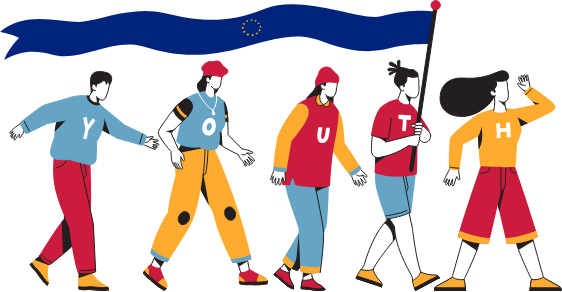
Through which channels and with which knowledge and skills European Youngsters can become EU Cultural Youth Ambassadors.
Active and effective participation in the EU decision-making process
European Values
Ambassadors are professionally called upon to protect and promote the EU Values. Such protection and promotion of EU Values will thus also be at the heart of your personal proposals and ideas and of your further activities connected to those proposals and ideas as EU Cultural Youth Ambassadors
EU Values in the Treaty of Lisbon


Freedom
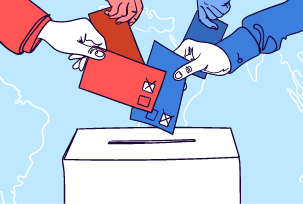
Democracy
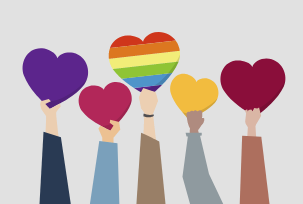
Equality

Human Dignity
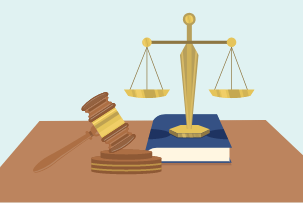
Rule of Law
European Commission is the 'Guardian of the EU Treaty'
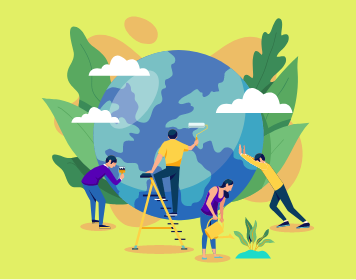
Sustainability

Inclusion
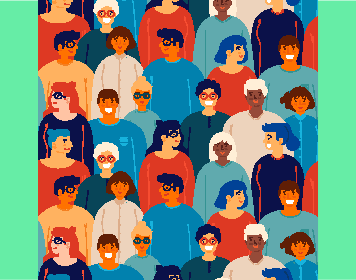
Esthetics
The Values of the New European Bauhaus
In which ways can you as a European Youngster participate in the EU Decision Making Process?
Add Your Heading Text Here
Writing your ideas proposal and advocating your youth ideas for the EU
Conference on the Future of Europe and the New European Bauhaus
Voting in Parliamentary Elections and getting in touch with Members of the European Parliament and EU Member State Parliaments
Forming a natural or legal Youth Organization
Forming a natural or legal Youth Organization
European Citizens’ Initiative
The Erasmus+ and Creative Europe Programs and European Projects Youth organizations are playing an increasingly important role as part of a consortium that could apply for an EU Project
The European Solidarity Corps
European Citizens’ Initiative
European Citizens’ Initiative
When all EU Member States agree with a specific position in foreign affairs, this position can also be defended, promoted and explained by the European External Action Service that has in almost all countries around the World an official EU Ambassador.
Erasmus+ as a Soft Power Instrument
Recently, a research was undertaken and published, demonstrating the great recognition and impact of this Erasmus+ Program around the World explicitly indicated as a main Soft Power Instrument of the EU in international affairs.
Culture and Youth in the EU Diplomacy
On 8 June 2016 with the launch of ‘A New Strategy to put Culture at the heart of EU International Relations’ Culture was named ‘the hidden gem’ of EU Diplomacy. It is fair to say that this gem is a main asset of EU Diplomacy while the EU is acting on the stage of International Affairs.
